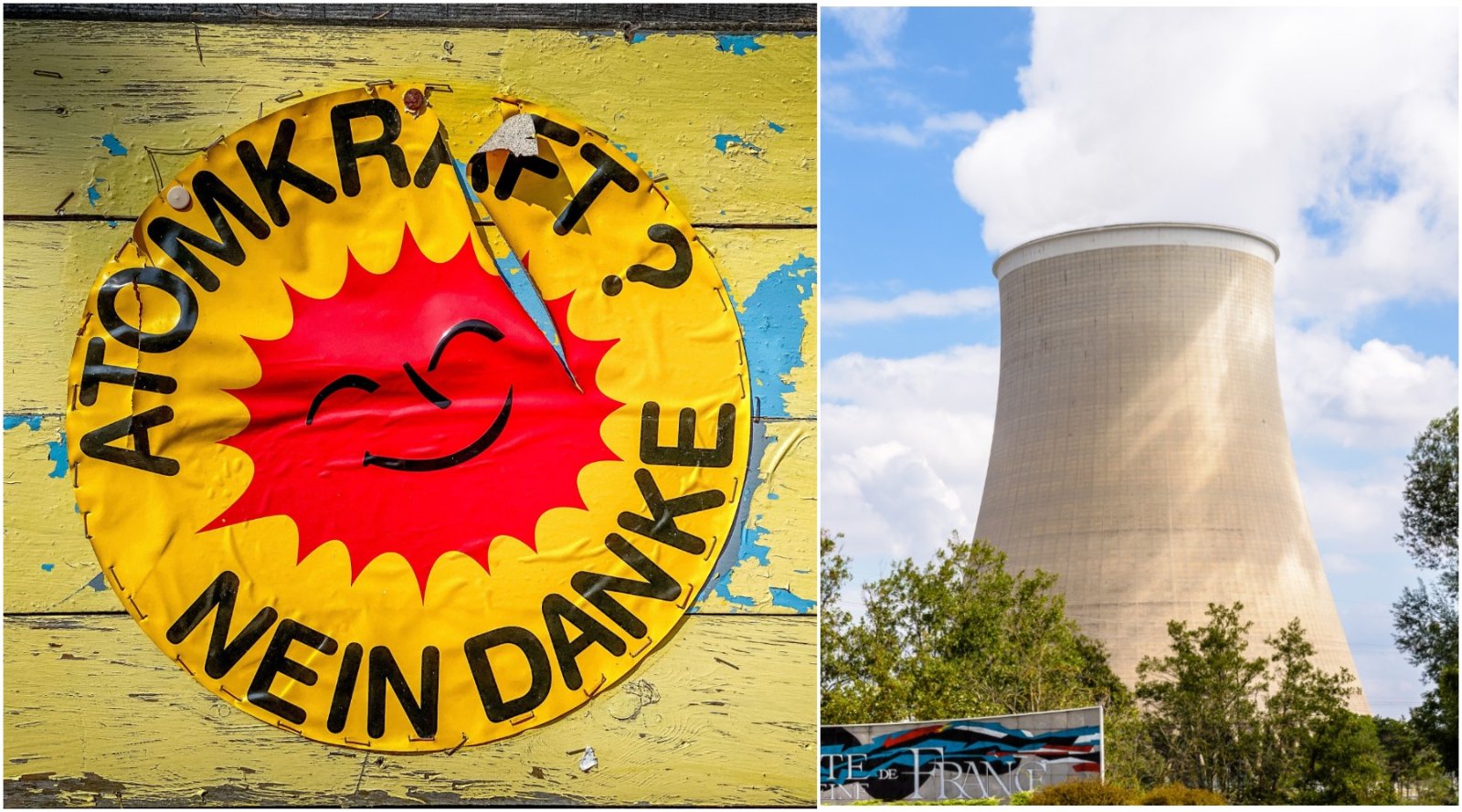Germany is shutting down nuclear power plants and other European countries want to follow suit. Few listen.
Why is this important?
Nuclear power plants may play an important role in the race to climate neutrality. Europe has not yet decided whether or not to give nuclear power a green mark.Ten years ago, after a tsunami hit the Fukushima reactor in northern Japan, causing a nuclear disaster, Germany decided to phase out 12 nuclear power plants. Within a few months, the first power plants were closed. At the end of 2022, the last three will be permanently closed.
Germany wants to be carbon neutral by 2045. The European Union aims to achieve zero greenhouse gas emissions by 2050. But can Europe achieve these goals if Europe’s largest economy abolishes nuclear power? European countries that constantly produce nuclear power emit less carbon dioxide than countries that do not produce nuclear power. France has lower carbon dioxide emissions per capita, as well as higher nuclear power production.
Other countries, such as Sweden, have been able to reduce their emissions without using nuclear power. Most of Sweden’s energy supply comes from renewable sources, such as hydropower and wind power. The country has windswept coastlines where wind turbines blow more strongly. Together with nuclear energy, it provides more than 60 percent of the total energy.
Hungary, which also has low per capita CO2 emissions, has been pursuing a new energy strategy since 2012. The report, entitled “National Energy Strategy to 2030”, has led to a significant increase in energy efficiency.
Most Germans supported the resolution in 2011, and many still support it. In its campaign manifesto for the parliamentary elections in September, the Green Party, which according to The Economist is likely to win at least 14.5% of seats in the Bundestag, pledged to pressure other European countries to abolish nuclear power.
In July, it was reported that Germany had received support from Austria, Denmark, Luxembourg and Spain in opposing EU plans to classify nuclear energy as “green” for investment purposes. To this day, the European Union has not taken an official position.
Nuclear power plants have an image problem
Most of Germany’s neighbors do not listen. Of the 17 European countries that produce nuclear energy, only Britain has plans to close power plants soon. However, the British still built new power plants. Switzerland has banned the construction of new plants, but will keep existing ones running “as long as they are safe”.
Poland, which relies heavily on coal, will start building its first nuclear power plant in 2026. In March, the leaders of the Czech Republic, France, Hungary, Poland, Romania, Slovakia and Slovenia wrote to the European Commission to indicate that their countries’ nuclear energy development was “in dispute” by some member states.
With the German elections approaching and the consequences of the recent catastrophic floods, global warming will be high on the public agenda. Well-regulated nuclear power is, according to experts, a safe and stable source of zero-emissions electricity. However, some politicians are reluctant to talk about it.
At most, Armin Laschet, the leader of the ruling CDU party, who could become the next chancellor, said the country should have gotten rid of coal before nuclear power. far right alternative to Germany It is the only party proposing the reuse of nuclear energy. The idea of a nuclear transition remains precarious for most German politicians.
Read also: Renewable energy outpace US coal and nuclear power for the first time. What about us?
(Javed)

Zombie specialist. Friendly twitter guru. Internet buff. Organizer. Coffee trailblazer. Lifelong problem solver. Certified travel enthusiast. Alcohol geek.

